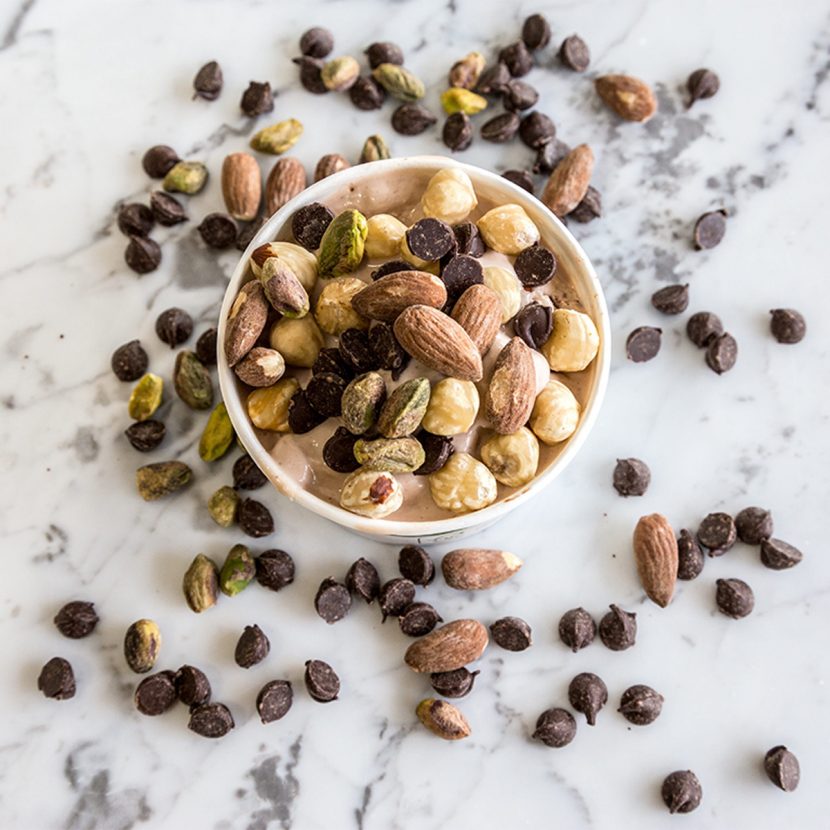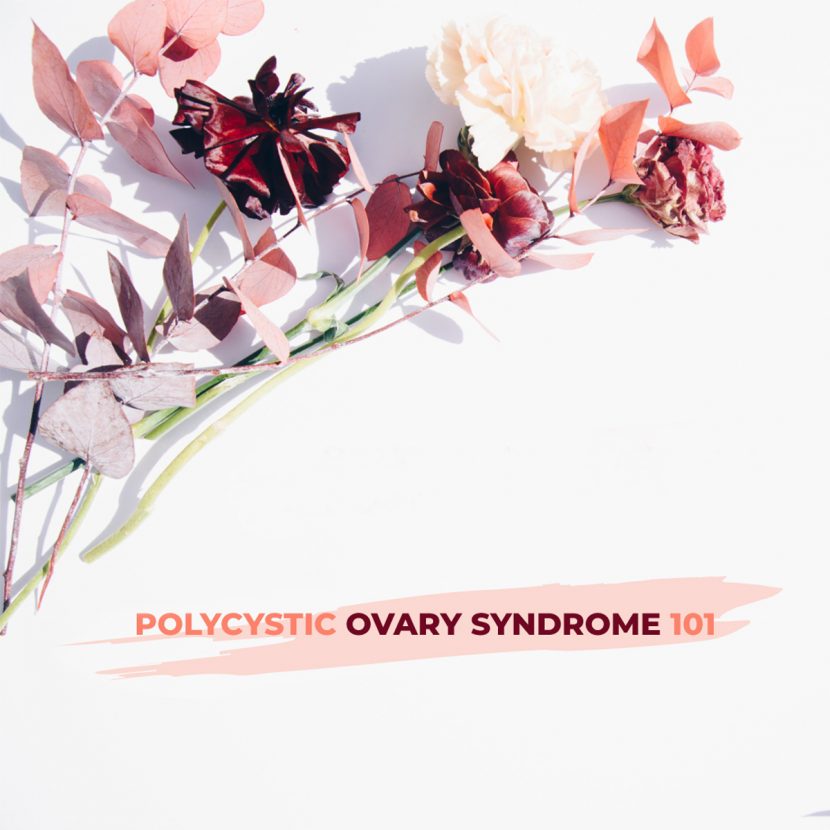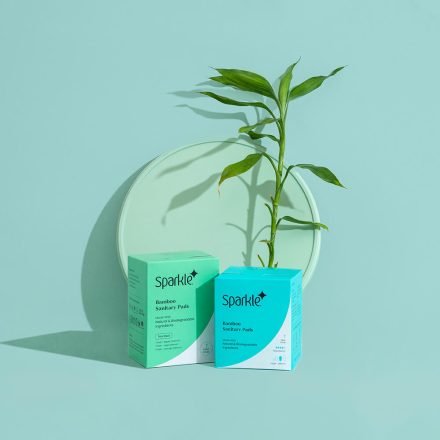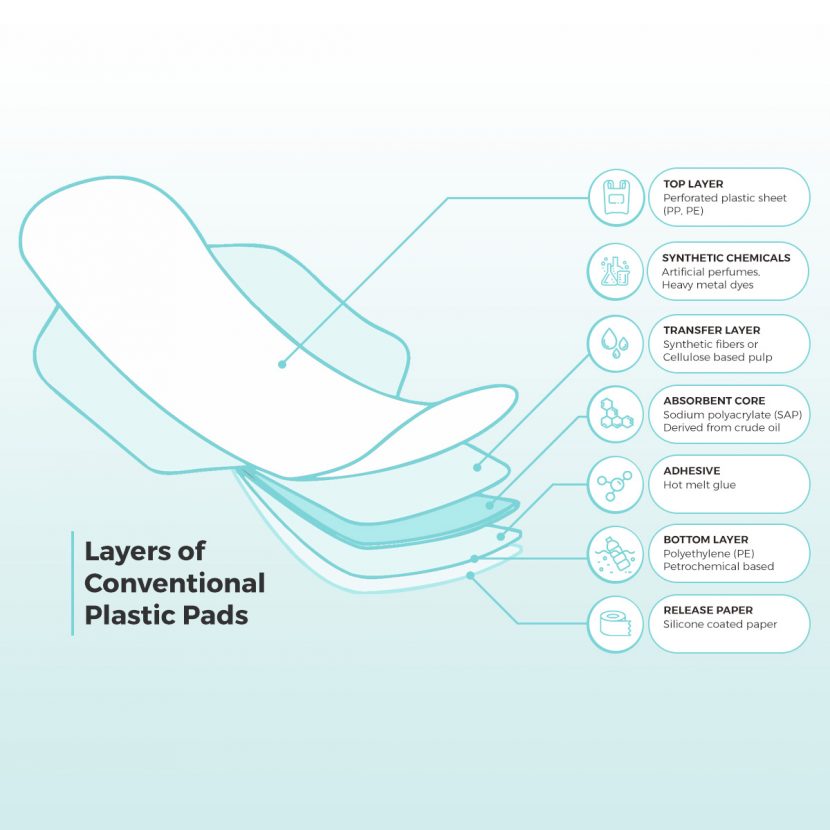
Today, health-conscious and eco-conscious consumers are willing to go the extra mile to purchase products that are good for the environment. Some brands take advantage of this fact and use misleading eco-friendly terminology to trick you into buying something that may not really be as sustainable as you might have thought.
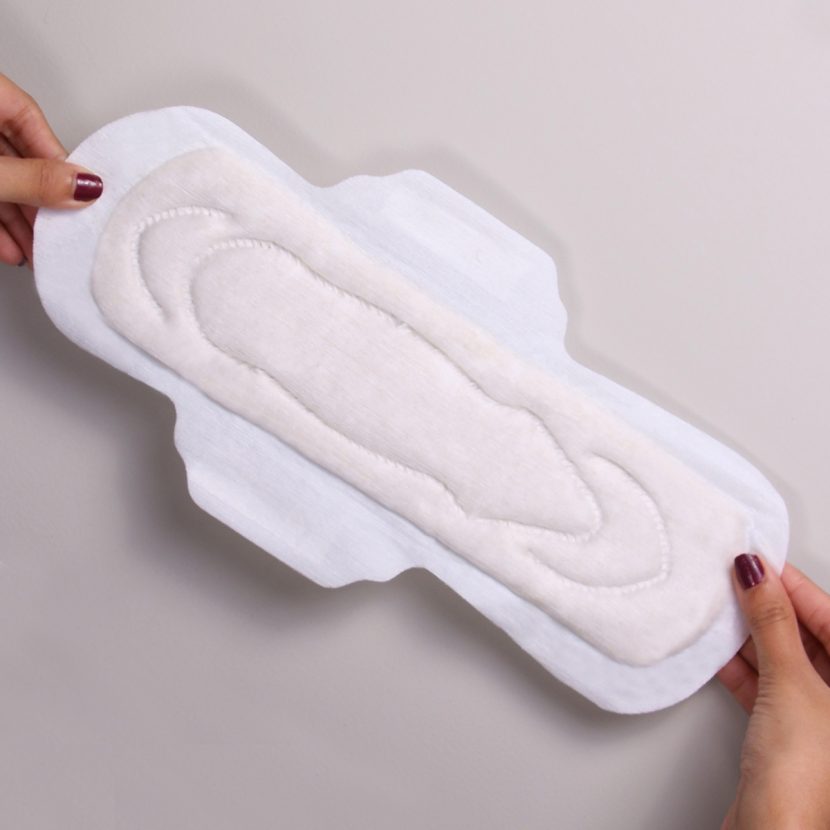
Due to the lack of infrastructure for organised segregation, collection and transportation of menstrual and other sanitary waste on a large scale, in most countries, these soiled pads eventually end up in a landfill or even at places where the light, temperature and bacterial activities required for degradation may not be at ideal levels.
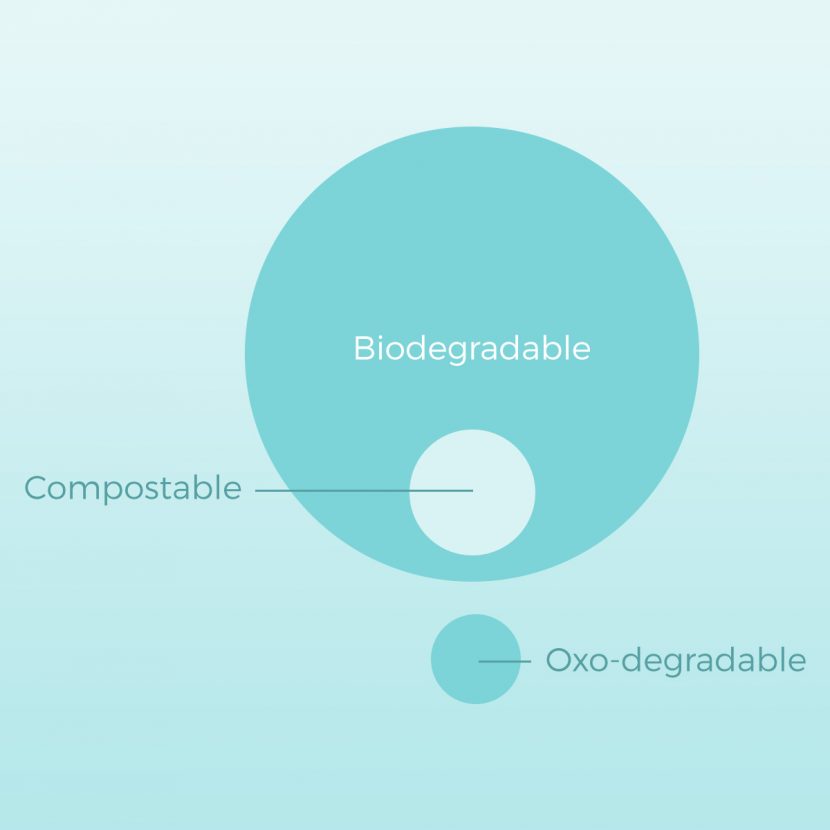
Unfortunately, the terms ‘biodegradable’, ‘compostable’, ‘oxo-degradable’ and many such others are frequently misused in marketing and advertising to sell products that may not entirely be eco-friendly. Although these terms are often used interchangeably, they are not synonymous.
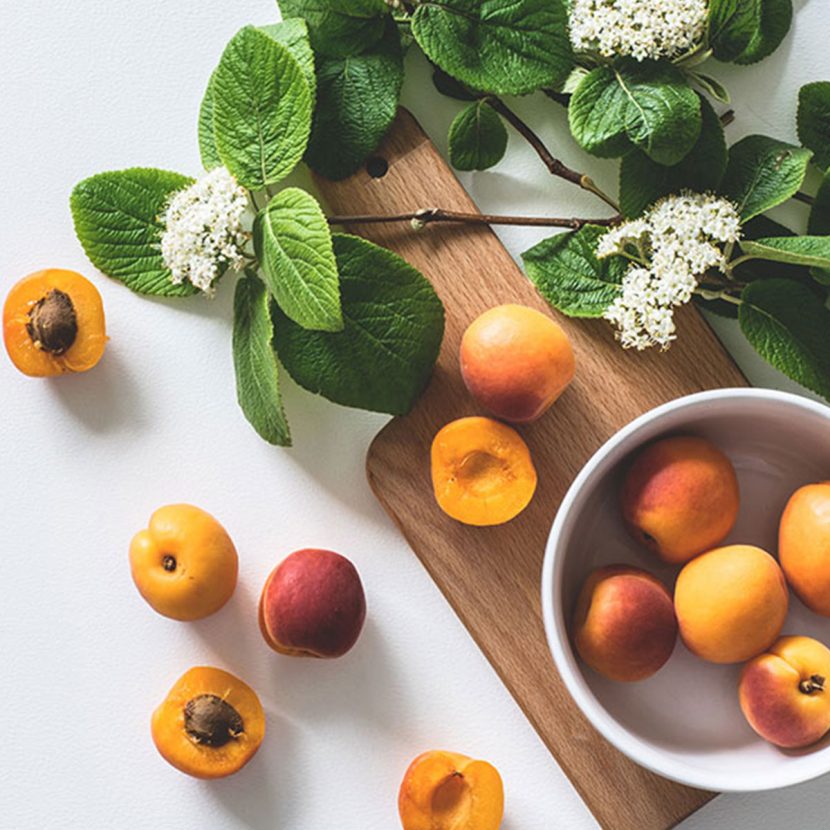
Urinary Tract Infections, popularly known as UTIs, are infections that affect the urinary system of your body. Caused when bacteria (that are normally present on the skin) make their way into your urinary bladder, UTIs are more likely to affect women as compared to men, mainly because of the anatomy of the female body.

Women’s menstrual hygiene is a topic that is of utmost importance and yet looked upon as an icky and disgusting subject. However, the important question to ask here is, why? Don’t you think it’s high time we take necessary steps to address the problems related to menstrual health?
